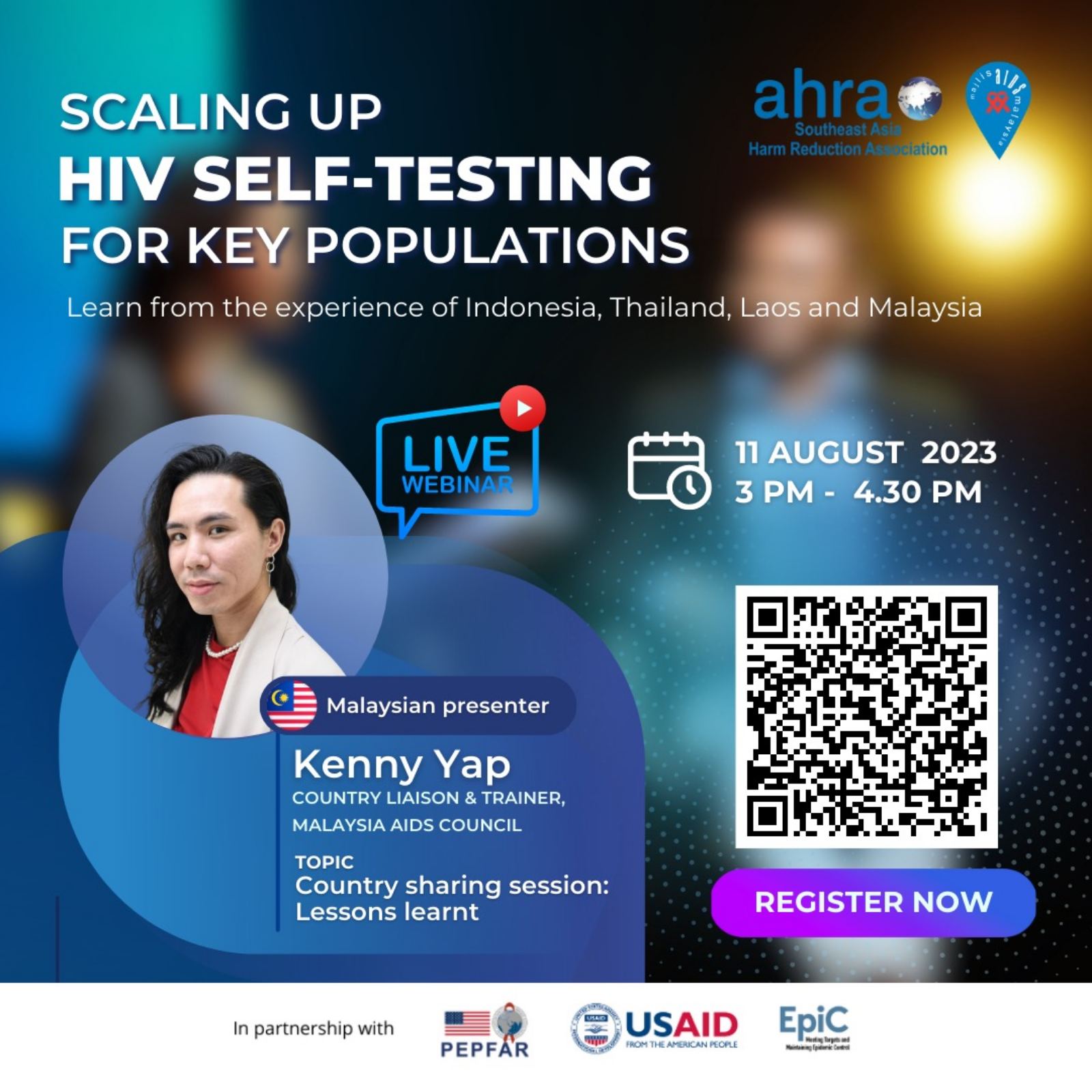Naloxone is a prescription medication that acts as an opioid antagonist, effectively reversing the effects of an opioid overdose. It is a non-controlled substance and is specifically used for emergency situations to counteract the potentially life-threatening effects of opiate overdose.
In some countries, there are laws and regulations that allow laypersons (non-medical professionals) to legally administer naloxone. This facilitates third-party distribution, making naloxone more accessible to individuals who may encounter opioid overdose situations. By empowering a broader range of individuals to administer naloxone, the impact of distribution efforts can be more efficient and potentially save more lives.
The availability of naloxone and the ability for laypersons to administer it are important components of harm reduction strategies. Naloxone distribution programs aim to ensure that this life-saving medication is readily available in community settings, such as harm reduction centers, drug treatment programs, and among individuals who are at high risk of opioid overdose. By expanding access to naloxone and promoting its use, these programs contribute to preventing opioid-related fatalities and promoting safer environments for individuals who use opioids.
